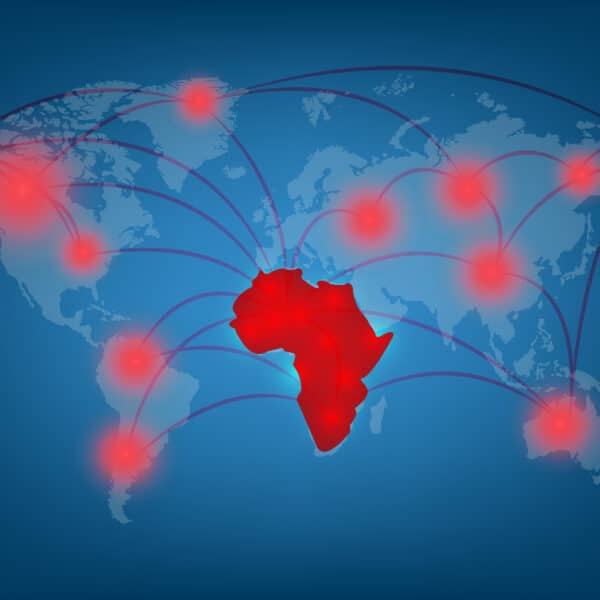
Global Sharing of information
Monitoring through surveillance programmes exist worldwide and representatives from different countries work together sharing information, with the common goal of preventing the spread of illness and disease.
World Health Organisation
The World Health Organisation leads on global health matters, monitoring and assessing health trends. Data collected producing vital information, flows across borders between representatives, who all share a common goal of understanding perceived risks and applying realistic control measures. This is evident in the present global threat of the Ebola Virus Disease (EVD) where daily numbers of those people being infected and dying are rising.
An appropriate management of different complex pathogenic microorganism causing transnational threats such as the EVD requires a coordinated intervention. Historically, information has been recorded since its first outbreak in 1976 where there were two simultaneous outbreaks, one in Nzara, Sudan, and the other in Yambuku, Democratic Republic of Congo.
Information emerging from countries experiencing epidemics of any disease is vital in that informed responses can be made once the information is analysed and interpreted. Controlled coordinated data gathering at government or local level, is carried out to achieve a more profound understanding of the situation. Once the data has been interpreted and understood then there needs to be dissemination in an appropriate manner.
UK Public Health England (PHE)
In the UK, Public Health England (PHE) have routine surveillance programmes in place, which monitor different areas such as infections that occur in healthcare settings. Data gathered gives a clear indication of what is a healthcare issue, how it is to be managed and how it can be prevented and controlled in healthcare environments.
Data is also gathered at local level when there are outbreaks. An outbreak will provide detailed information which can be recorded and gathered. Decision makers use different accumulated data over a period of time to make an appropriate response. Having factual data which can lead to evidence based interventions is more likely to produce a more desired outcome than reacting to a threat with little or no data and thus working with limited information.
Epidemiology
Surveillance programmes provide essential information to epidemiologists on patterns and effects of health conditions. Key decision makers at global level and local level can identify key risk factors and evaluate the effectiveness of control measures. This ultimately enables them to make appropriate and realistic decisions.
UK Level – Example of Data collected
For years the PHE has had national surveillance programmes to collect data on areas that affect healthcare service users. The main areas covered are:
- Surgical site infection
- Staphylococcus aureus (meticillin resistant Staphylococcus aureus or MRSA and meticillin sensitive Staphylococcus aureus or MSSA)
- Clostridium difficile infection
- Escherichia coli
The data collected and analysed has enabled healthcare officials to develop guidance on different areas of infection control. One example of a publication providing guidance is ‘Prevention and control of infection in care homes –an information resource’ developed by the Department of Health and Health Protection Agency.
We all owe a great deal of gratitude to those who implemented monitoring programmes to collect data and statistically analysed it. Coordinated surveillance programmes continue to benefit everyone at different times in their lives. Surveillance should always be a part of the infection control strategy in all healthcare environments. QCS can support your work environment with infection control policies.
References
Healthcare associated infections (HCAI): guidance, data and analysis
Prevention and control of infection in care homes – an information resource



